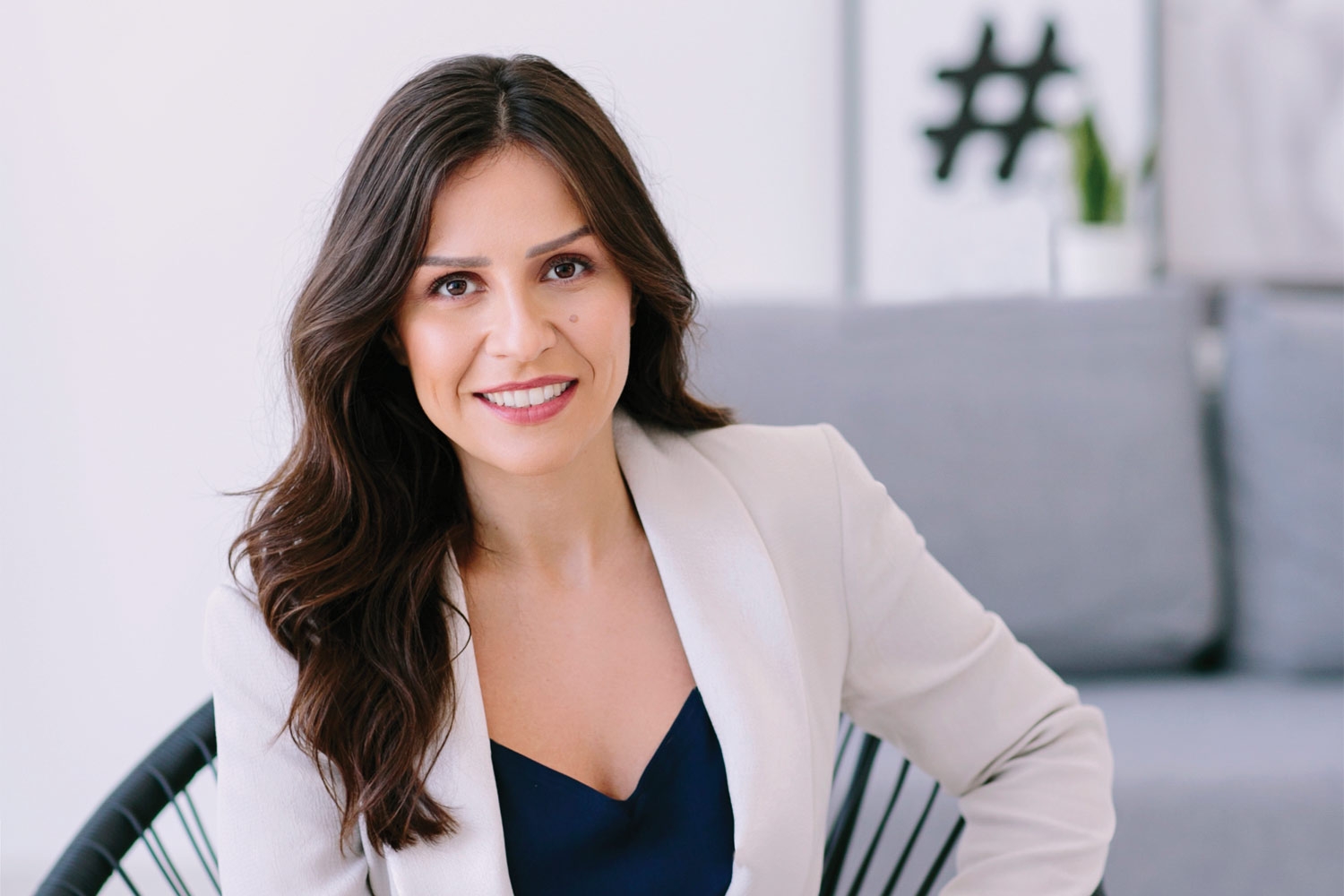
Home kitchens will be like ‘restaurant kitchens’
Esra-Melis Sarıhan sisters, graduates of Izmir University of Economics (IUE), developed an application called ‘Yedir’ that will bring home cooks ...

She became one of the 10 most successful women in the Middle East
Melda Akın, a graduate of Department of Computer Engineering, Izmir University of Economics (IUE), was named one of the 10 ...

Watch out for pandemic scams
Fake job postings that promise people to work from home have been the latest tactic of scammers, who are looking ...

...





